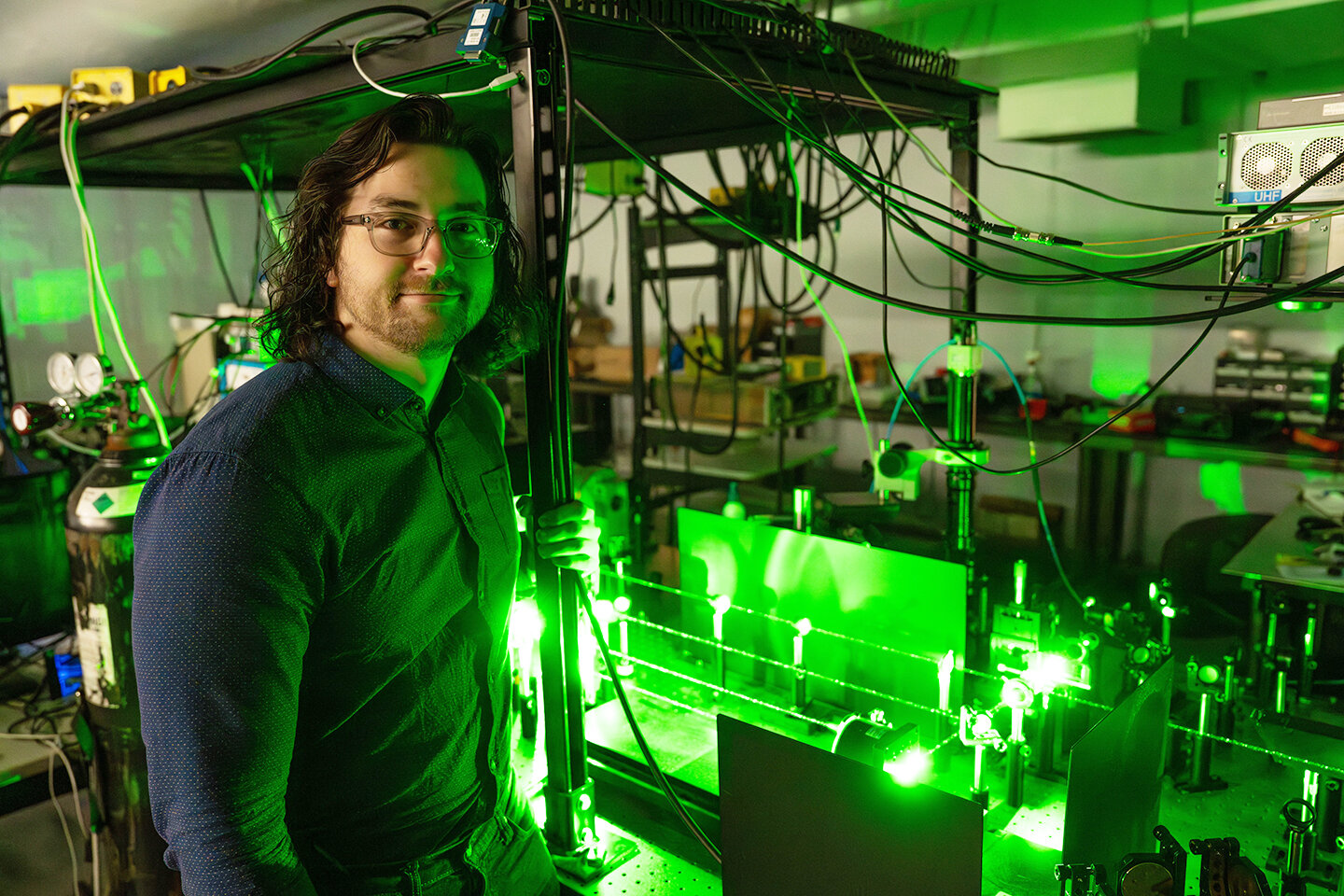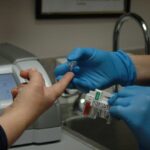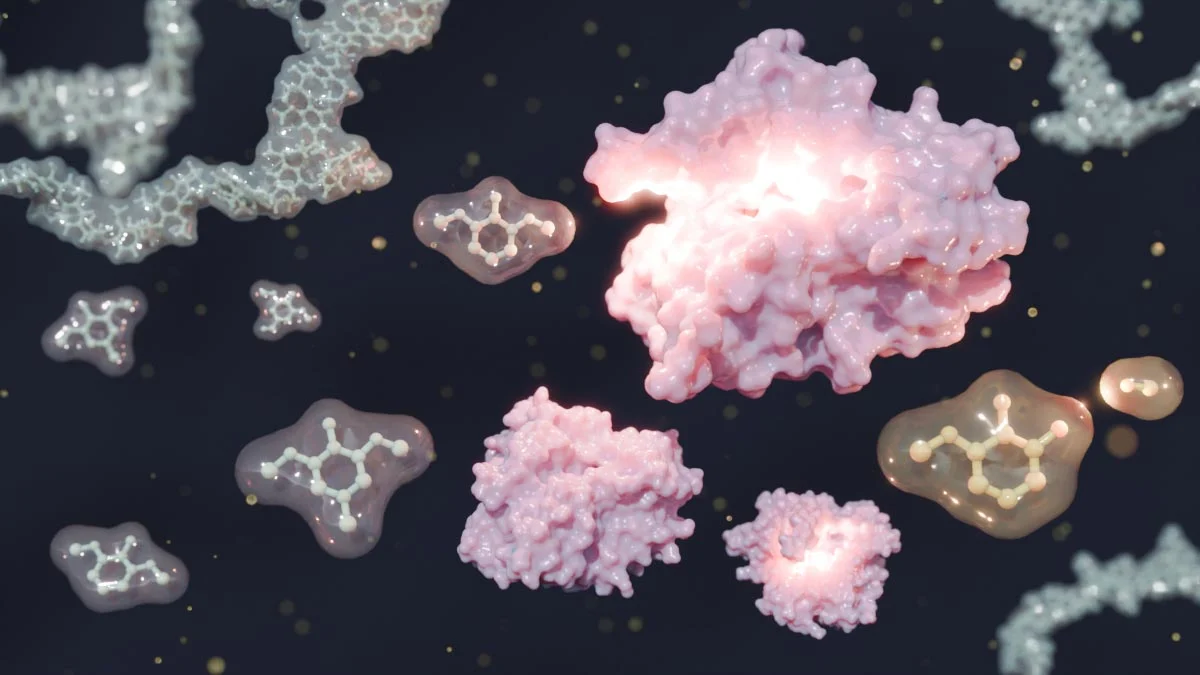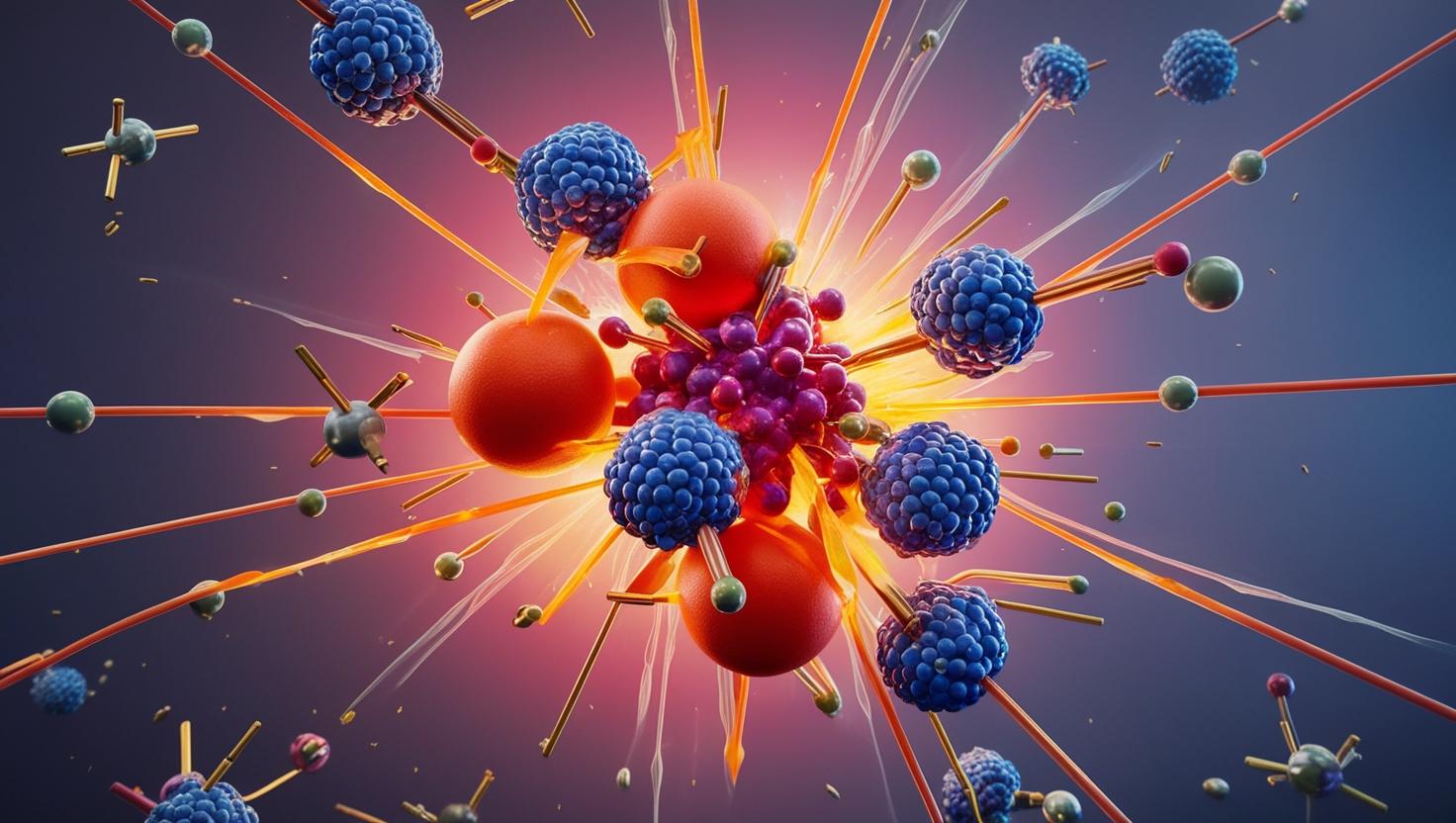For centuries, aging has been seen as something inevitable — a slow decline that medicine could only manage, not prevent. But a growing wave of research is challenging that idea. Leading scientists now argue that aging itself could be approached like a medical condition, with treatments designed to slow it down or even delay age-related diseases before they take hold.
Rethinking Aging: More Than Just Growing Old
Traditionally, medicine has treated individual illnesses one at a time: heart disease, diabetes, cancer, and Alzheimer’s. But researchers are realizing that all these conditions share a root cause — the biological processes of aging.
Instead of waiting until patients develop these diseases, the new vision of medicine asks: what if we treat aging directly? By targeting the underlying damage that builds up in our cells, scientists hope to extend the number of years people spend in good health — what they call healthspan.
Why This Matters
As life expectancy increases worldwide, societies face mounting costs of late-life healthcare. Millions live longer but with multiple chronic conditions. By slowing aging itself, medicine could shift toward prevention, reducing suffering and potentially saving billions in healthcare expenses.
The Role of Geroprotectors
Growing evidence shows that geroprotectors — interventions that slow biological aging — can extend healthy life in animals. In humans, early studies on drugs like metformin and rapamycin suggest it may be possible to tap into similar pathways.
Toward an “Aging Clinic of the Future”
Imagine a medical checkup that doesn’t just measure blood pressure and cholesterol but also tracks your biological age. Such clinics would screen and monitor how fast your body is aging and offer tailored interventions — from lifestyle strategies to cutting-edge treatments that delay decline.
Challenges Ahead
We’re not quite there yet, but leaders in the field stress that clinical trials and regulatory frameworks must adapt. If aging is recognized and treated as a medical condition, doctors will finally have tools to fight disease at its root — before it manifests.
The Dawn of a New Era in Medicine
This shift isn’t about immortality. It’s about living healthier for longer, compressing the years of frailty and disease into as short a period as possible. Scientists envision a world where 70-year-olds are as vibrant as today’s 50-year-olds — and where old age doesn’t have to mean inevitable decline.
Curiosity Spark
Science is rewriting the story of longevity. Do you think future generations will see aging as just another treatable medical condition?
Reference: “Geroscience: A Translational Review” by Stephen B. Kritchevsky and Steven R. Cummings, 7 August 2025, JAMA.
DOI: 10.1001/jama.2025.11289










